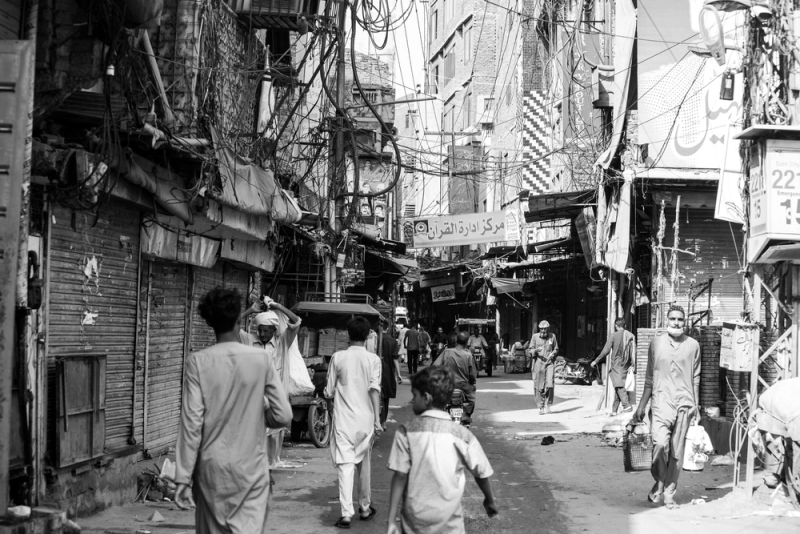The recent attack on Abdullah Shah Ghazi’s shrine is another reminder of the plain truth that the Pakistani state needs to focus on its domestic crises rather than remain obsessive about external threats. The unholy conglomerate comprising al Qaeda, sectarian outfits and elements within the state has targeted Karachi’s best-known public and cultural space. This is a continuation of Islamist battles against Pakistan.
Yet, apologists remain adamant. Butchering of civilians and annihilation of a plural Sufi culture is a reaction, we are told. First, it was the US occupation of Afghanistan, then the invasion of Iraq and now drone attacks in Pakistan. True, Muslims and Pakistanis are enraged at US policies and its sheer arrogance in dealing with the region. But using anti-Americanism as an excuse to overlook the growing cancer of bigotry at home is disingenuous and dangerous for our future.
Denial is etched in our memory and cultural ethos. Even today we are not willing to admit that the majority of Indian Muslims did not migrate to the Land of the Pure. And that we mistreated the Bengalis. We are also in denial about the ever-growing crop of suicide bombers and how sectarianism has penetrated our society over the last three years.
The truth is that we are a fractured and crumbling society in denial. Even the glorification of our nuclear weapons is an act of denial: such prowess does not provide social services, internal security and economic prosperity. We are paranoid about our nuclear weapons – the common view is that everyone in the world is out to forcibly remove them.
Despite the common perception that it wants to denuclearise us, our military is dependent on the West. American culture is now the standard culture, our students yearn to be in US universities and migration to the Newfoundland remains a desirable ambition. Such schizophrenic realities are also denied and swept under the carpet. Until we confront ourselves and admit some home truths we are not likely to get far.
The reach of Islamism is also palpable. Watch a standard TV show, read the Urdu press (a leading newspaper quotes Taliban links and websites as references and prints their adverts), or participate in a regular drawing room conversation – myths have become real and the penetration of political Islam is capturing the discourse amid confusing globalisation.
Worse, the de-legitimisation project of secular, moderate political parties is ongoing. The wise know that if anything prevents political Islam taking over the state, it is parties such as the PPP, the ANP and the PML-N. Even the JUI is no longer Islamic enough – hence the recent attacks. These forces are a bulwark against the tide of Islamism and its agenda. But the historically naive and complicit middle class of Pakistan refuses to smell the coffee. It beats its proverbial chest over fake degrees, why the ‘corrupt’ are in high places and why the Taliban sympathisers, such as a sportsman-turned-politician, are not in power. It fails to see why reactionary movements are effectively ‘anti-change’. The recent gibberish about revolution and clean politics is familiar but comes at a make or break juncture.
The PPP government, despite its uncertain shelf life, owes it to the people of Pakistan to forge consensus on a new education policy, madrassa reform and developing a national counter-terrorism plan. This is an area where initiative is lacking. Detoxing Pakistan is not a short-term process. It will be a five to 10 year unavoidable battle if Pakistan wishes to remain a viable state and relatively functional society. Reform should start with revisions to curricula and focus on a grassroot campaign against sectarianism. The prerequisites for such reforms are political stability, policy continuity and a growing economy.
Unelected institutions of the state no longer have the luxury of orchestrating games of musical chairs amongst politicos, technocrats and opportunists. ‘Denialistan’ and its masters must wake up.
Published in The Express Tribune, October 13th, 2010.



